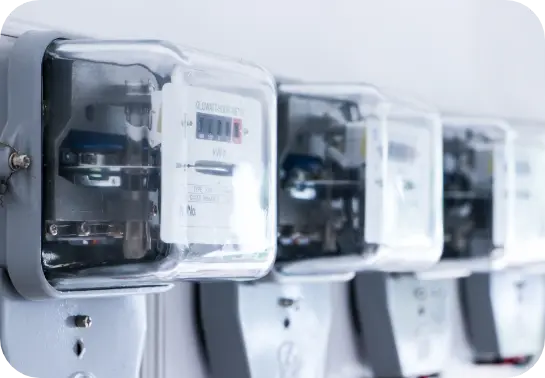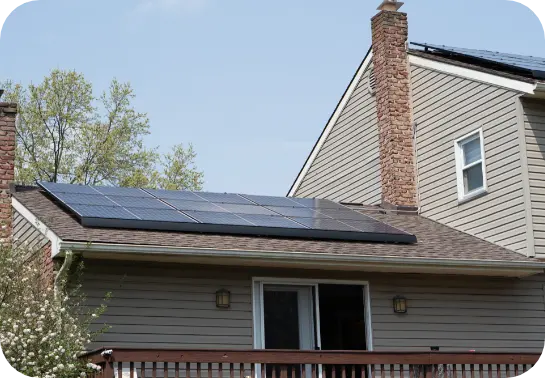Net Metering in Texas

Net metering can be a valuable tool for many homeowners who make the switch to solar. But how does net metering work in Texas? Does Texas even have net metering programs? Below, we’ll discuss the complexities of net metering in the Lone Star State and how it can vary depending on where you live.
What Is Net Metering?
Net metering lets solar owners receive credit for the energy their system generates and gives back to the grid. When a solar system generates more power than a home uses, the excess energy can be transferred to the grid, and the utility company credits the owner for the extra power. Net metering helps promote cleaner energy by providing financial incentives for those who invest in solar.


How Does Net Metering Work in Texas?
Net metering in Texas is different from other states because there is no statewide program. However, some utility companies do offer it in the form of buyback plans. The rules will vary depending on the utility company. Some plans will give homeowners credit that rolls over to the next month. Others won’t honor credits that exceed your monthly usage. In some cases, power companies may also pay cash for the excess energy.
How Does Net Metering Work With Solar Battery Storage?
In Texas, net metering with solar battery storage lets surplus energy generated by solar panels be stored for later use instead of being returned to the grid. Excess energy is stored in the battery that can be tapped into during times of high demand to power lights and appliances when needed. The net meter tracks energy generation and usage to offset grid energy consumption with the stored energy. This system may help lower monthly energy bills by reducing reliance on the grid.
Benefits of Participating in the Net Metering Program in Texas
Although Texas does not have net metering statewide, it’s worth discussing net metering options with your utility company. By participating in one of these buyback programs, you can experience benefits such as
Difference Between Net Metering and Solar Buyback
Net metering and solar buyback programs both compensate for unused solar energy sent back to the grid, but they have different rate structures and compensation methods. With net metering, customers receive credits for excess kilowatt-hours at a state-determined rate, which offsets future power bills.
In Texas, net metering programs are actually solar buyback programs. With these buyback programs, Retail Electricity Providers (REPs) set the rates, which can differ from retail values. They also choose how to compensate customers, which can be via bill credits or direct payments.


Which Areas Offer Net Metering in Texas?
Texas net metering programs will differ depending on the area you live in. In regions with regulated utilities (like city-owned ones or rural electric co-ops), you might get paid based on how much extra power your panels make compared to what your home uses. They may pay you the same rate you pay for electricity.
It can vary more in places with deregulated utilities where you can choose your electricity company. Some companies might credit you for excess power, either with or without limits. Others might pay you right away for the power you send back to the grid at the same rate you typically pay for electricity, but it’s calculated instantly instead of monthly.
Go Solar With Axia
With Axia by Qcells, you can take advantage of the Texas sun to generate clean, renewable energy for your home. Our solar systems are tailor-made to meet your specific energy needs. We offer high-quality solar panels, expert installation, financing options, and ongoing support to ensure a smooth, hassle-free solar journey. Contact us today to get started!